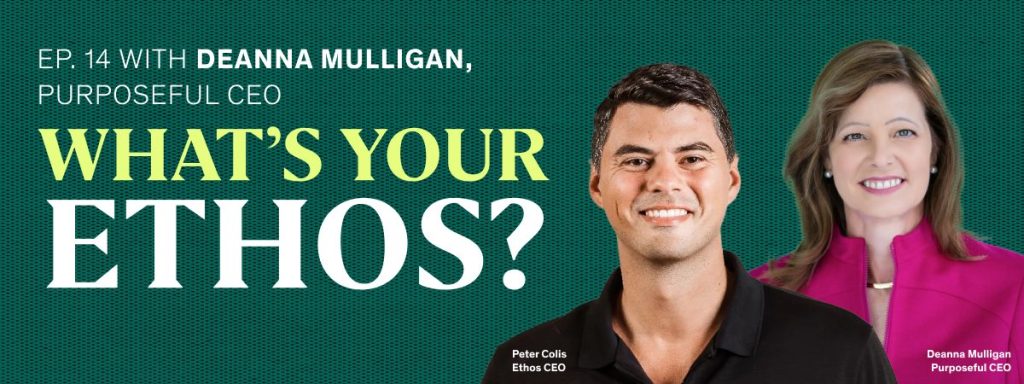Samsung SDS pilots blockchain for medical claims
Samsung SDS, an IT solution developer partially owned by the South Korean tech conglomerate, is expecting to roll out a blockchain-based medical claims processing system this month.
The network being rolled out aims to simplify a now complex process, in which a patient gets a receipt for services rendered and submits the documents to the insurance company, which must then verify their accuracy before claims are paid.
The company says that even though most Koreans are well insured and should have no out-of-pocket expenses, they will often not file claims because of the complicated procedures.
In the new “blockchain healthcare network,” hospitals, pharmacies, insurers and other companies in the sector will be linked. When the system is operational, users will receive a message on the KakaoTalk messenger after treatment. They can then press a receipt button and an insurance claim button, after which their information is sent to the insurer.
Blockchain technology is used for the sharing of personal medical information. Samsung SDS believes that the network will reduce the workload at medical institutions, shorten wait times for claims processing and reduce the cost of processing medical claims by up to 70 percent.
In June, Samsung SDS said that it had already signed a number of major hospitals to the blockchain healthcare network. The list includes Samsung Hospital, Severance Hospital and Korea University Medical Center, while discussions were ongoing with other institutions. The company said at the time that the new system would be rolled out in August 2019.
The network is being built on Nexledger, an enterprise blockchain platform originally developed in 2017. Samsung SDS says Nexledger is being used in the implementation of 110 blockchain projects and holds 51 patents.



